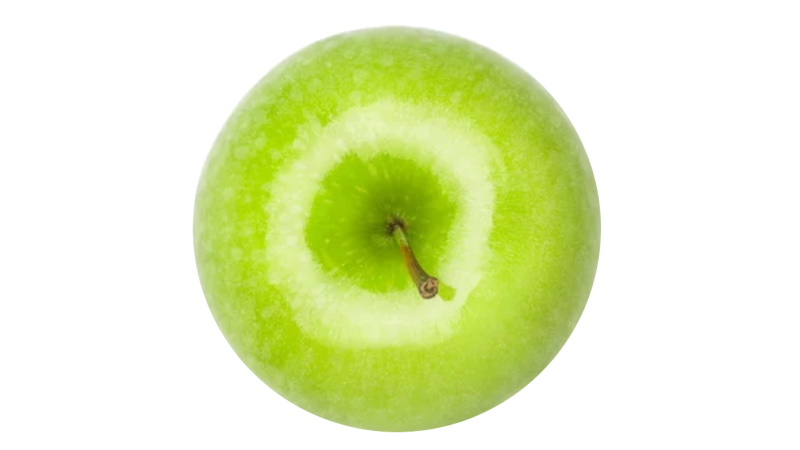Analyzing Calls For Cuts At Florida Department Of Citrus
It has been said many times that HLB will fundamentally alter Florida’s citrus industry. A clear indication of that came in the form of a letter hand delivered to Ellis Hunt Jr., Chairman of the Florida Citrus Commission, in February.
The letter, signed by 12 of this state’s largest and most influential growers, processors, and packers, called on the Commission to greatly reduce the role of the Florida Department of Citrus (FDOC) and to cut box taxes by about 70%. The long and rich history of Florida citrus has been visited with calamities and challenges in the past, which it has conquered. The industry will overcome HLB, but the letter was a clear sign that HLB has changed the trajectory of the state’s signature crop.
The FDOC itself has a long and rich history dating back to its founding in 1935. Over those many years, the agency helped turn Florida orange juice into a part of Americana on breakfast tables across the country. Think “A day without orange juice is like a day without sunshine.”
While opinions have differed over the years on the effectiveness of certain campaigns, the letter stated needed reductions were not a reflection on the FDOC’s performance, but an acknowledgement the structure of the industry has changed to such a degree that changes were in order. It noted that “private enterprises” like the 12 signing the letter are cutting back, streamlining, and examining every expenditure. The letter suggested it was time for FDOC to do the same.
Not Moving The Needle
The letter stated: “We support recent Department efforts to deal with the difficult budget realities, but while programs and staff levels have recently been slightly streamlined, tax rates remain burdensomely high. Moreover, because of the dramatic crop declines, we believe the Department does not have adequate resources to ‘move the needle.’ And, with the current supply/demand situation, we do not believe the current marketing programs are generating an economic return for Florida growers. Fruit prices are already at historically high levels due to the short Florida crops, and prices will remain at high levels given the current supply/demand imbalance in the U.S.
“While robust marketing programs are not needed to support the marketplace today (nor can we afford them in any event), the industry will undoubtedly need aggressive marketing programs one day in the future after we recover from greening and return to historical production levels. It is therefore imperative that the industry preserve the Department of Citrus and the Commission to support and advocate for our interests in times of both lean and plentiful crops.”
Belt Tightening
“Finding a cure for HLB is obviously the single most critical issue facing Florida orange growers,” says David Duda, CEO of Duda, who was among 12 companies who signed the letter. “Despite historically high current orange juice prices, most Florida orange growers are breaking even at best due to increased care-taking costs and dwindling yields from HLB. Looking for ways to cut costs has become the second most important issue.
“The FDOC was created during an era of orange juice industry oversupply, but the industry and market situation is completely opposite of that now. I regret the loss of jobs at the FDOC, but preserving a remnant of the FDOC in hopes that the industry will rebound and need the FDOC again to promote orange juice in the future seems like the best way forward at present.”
The letter recommended a 7¢ box tax on oranges and grapefruit. Staff would be reduced from its current 43 down to 10. And, the total budget would be cut from $71.4 million down to $7.2 million annually.
“We serve on the Commission on behalf of the growers who pay the tax that has funded the Florida Department of Citrus for more than 80 years,” says Chairman Hunt. “We take this letter — and the opinions of each of Florida’s citrus growers, however large or small they may be — very seriously.
“We recognize the unprecedented challenges citrus greening has posed for our industry; we fully expect to make difficult decisions. In fact, the delivery of the letter comes just weeks after I had directed staff to prepare for major budget reductions, driven by expectations for lower crops as well as possible tax relief. I am certain this letter and the dynamics, which have prompted it will be discussed at our next meeting, and I know that the Commission will take appropriate action with an eye toward the interests of the growers we serve.”
A. Duda & Sons, Alico, Ben Hill Griffin, Bernard Egan & Company, Consolidated Citrus, Evans Properties, Hillard Brothers, Peace River Citrus Products, Premier Citrus, Riverfront Packing Company, Southern Gardens Citrus, and Tamiami Citrus were signatories of the letter.
Budget Specifics
The letter laid out some specifics on a greatly streamlined budget for Florida Department of Citrus that Citrus Commission should take in relation to the 2016-2017 budget:
- Major marketing programs should be idled and the budget should provide for minimal public relations only (maintain website, some advocacy efforts, debunking inaccurate press regarding orange and grapefruit juice and fresh fruit consumption).
- Idle new scientific and economic and market research projects.
- Streamline operations, outsource wherever possible (with other state agencies, with consultants) to cut overhead.
- Maintain the legal, regulatory, and licensing functions.
- Maintain statistical reporting on fruit pricing, inventories and movement, Nielsen sales reports, and the overall industry economic outlook.










